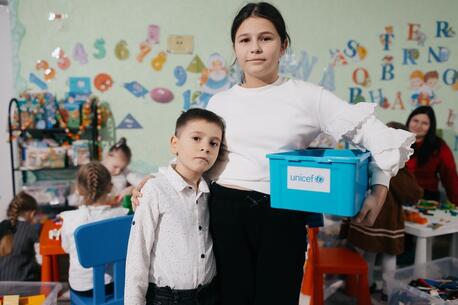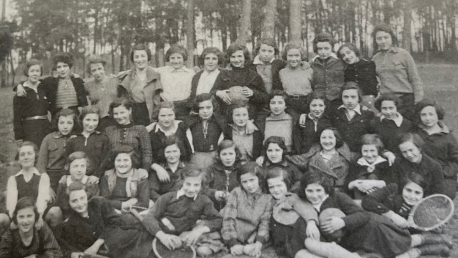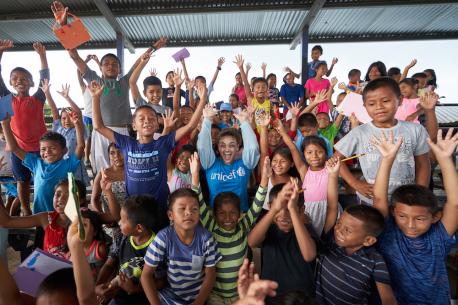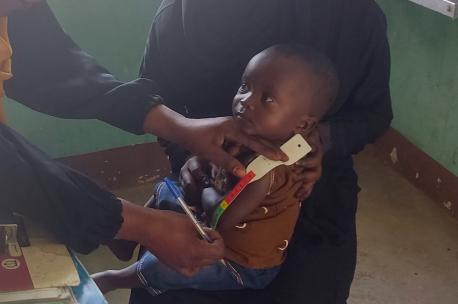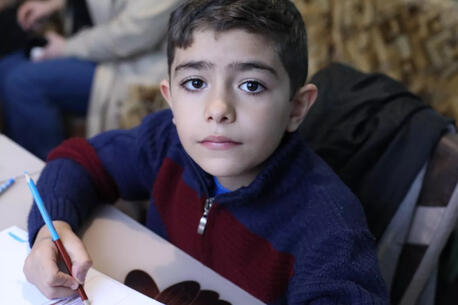
UNICEF in Armenia
UNICEF is working alongside the government and other local partners in Armenia to support and protect refugee children and families and strengthen key community-based services.
Refugee crisis in Armenia
In the fall of 2023, following a hostile military operation in Nagorno-Karabakh, a territory in the South Caucasus, over 100,000 ethnic Armenians — including 30,000 children — fled to the Republic of Armenia.
Lusine, a mother of three boys, traveled in a crowded car with little space for any belongings. “Amidst all uncertainty, we didn’t know where we are going, what are we going to do, where we will stay, but all I could think of was keeping [my children…] alive,” Lusine says.
Within weeks 98,000 refugees were registered, with about 70 percent located in Yerevan, Armenia's capital city, and nearby Kotayk, Ararat and Armavir provinces. The significant influx has deeply affected already overstretched host communities.
UNICEF has teams on the ground in Armenia assisting the government-led response, working with local partners to provide critical health, education and protection services to refugee children and families while also strengthening community-based services.
How UNICEF is helping children in Armenia
UNICEF's efforts to assist children and families in need in Armenia include:
- deploying 20 mobile pediatric health units to deliver essential primary health care services
- distributing clothing vouchers to tens of thousands of families with children and pharmacy vouchers to thousands of pregnant women and new mothers
- training frontline social workers to provide psychological first aid and mental health support to refugee children, adolescents and caregivers
- distributing school bags and learning supplies, training teachers and otherwise helping to ensure that refugee children, adolescents, those with disabilities and other vulnerable groups of learners are integrated into local schools as seamlessly as possible; over 80 percent of the school-age refugee children have been enrolled in schools
- enabling access to safe spaces, protection and support hubs
- helping to find family care for unaccompanied and separated children, and strengthening the foster care system and community-based child protection services
- assessing the needs of children with disabilities, linking them to specialized services and providing assistive devices
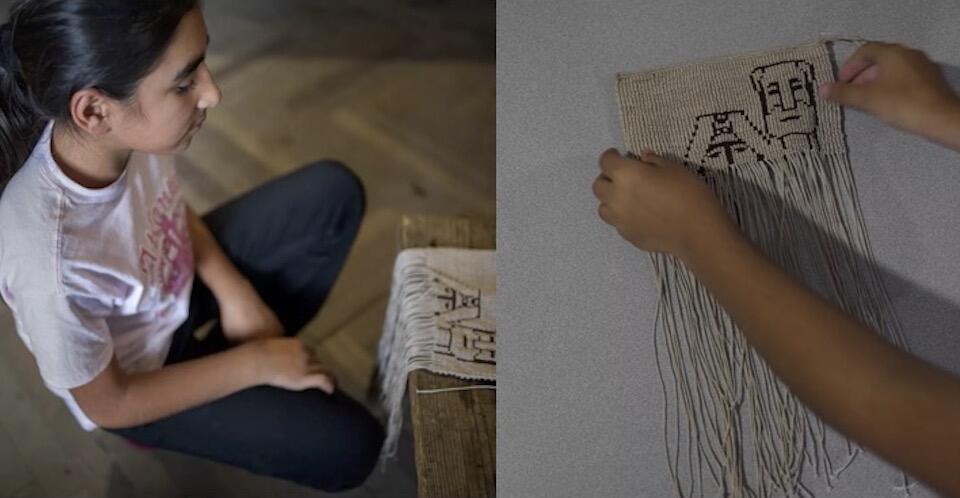
“Displacement is deeply distressing for children,” says UNICEF Regional Director for Europe and Central Asia and Special Coordinator for the Refugee and Migrant Response in Europe, Regina De Dominicis. “We must not forget that 30,000 refugee children and families require ongoing psychological support and continuous access to critical services.”
UNICEF, which opened its Armenia Country Office in 1994, launched an emergency response the same day refugee families started crossing the border to Armenia, in the last week of September 2023. Reuters reported that the mass exodus began after a lightning Azerbaijani offensive that returned the Nagorno-Karabakh region to Azerbaijani control, amid fears of persecution and ethnic cleansing even as Azerbaijan promised safety. The UNICEF team worked around the clock with the local communities, government counterparts and other partners, providing lifesaving services and assistance. By Oct. 1, 2023, over 100,500 people had arrived.
The response is ongoing, with UNICEF continuing to support lifesaving interventions and to provide essential supplies and technical assistance across many major program areas, including child protection, mental health and psychosocial support (MHPSS), health, nutrition, education (including early learning), emergency cash assistance and social protection.
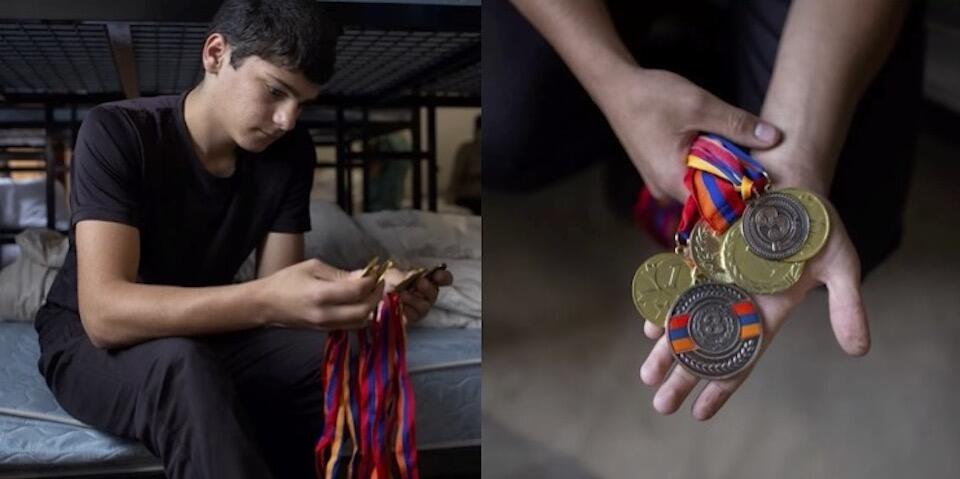
Working alongside government and civil society partners, UNICEF is committed to ensuring inclusive and age- and gender-appropriate services for children, adolescents and their families. While the Government of Armenia has taken the lead in responding to the urgent needs of the refugee population, given the overwhelming, mid- to longer-term needs, it has asked the UN and other members of the international community to provide complementary assistance to support and sustain these efforts.
Learn more about UNICEF's work in Armenia.
Support UNICEF's mission for children. Donate today.

